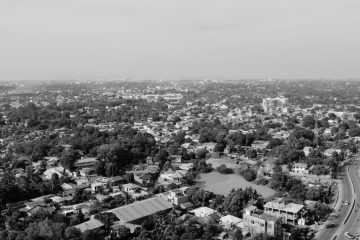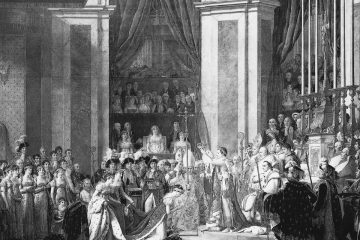What Happened On December 27th?
The 27th of December 2007 is remembered as a somber day in Pakistan history as Benazir Bhutto, the former Prime Minister and an iconic political figure, was assassinated in a terrorist attack. The shocking event not only shook the nation but reverberated globally, emphasizing the perilous nature of politics in the region along with challenges faced by leaders striving for change.
Benazir Bhutto, born on June 21, 1953, was the daughter of former Prime Minister Zulfikar Ali Bhutto. She became the first woman in Pakistan and in any Muslim-majority country to lead as Prime Minister, serving two non-consecutive terms in the late 1980s and mid-1990s. Bhutto was a charismatic and influential figure, advocating for democracy, women’s rights, and social reform in a country grappling with political instability.
After several years in self-imposed exile due to corruption charges, Benazir Bhutto returned to Pakistan in October 2007 with plans to participate in the upcoming parliamentary elections. Her return was met with jubilation by supporters and followers who saw her as a symbol of hope and change.
Tragedy struck on the evening of December 27, 2007, in Rawalpindi, a city near the capital, Islamabad. Benazir Bhutto had just addressed a political rally at Liaquat Bagh when a suicide bomber detonated explosives near her convoy. The attack was followed by gunfire, and chaos ensued. In the violent aftermath, Bhutto sustained fatal injuries, leading to her untimely death.
The assassination triggered widespread protests and unrest throughout Pakistan. Many held the government of then-President Pervez Musharraf responsible for failing to provide adequate security to Bhutto. Investigations into the circumstances surrounding her death were initiated, with conflicting narratives emerging about the exact sequence of events leading to the assassination.
Benazir Bhutto’s impact endures as a symbol of resilience and courage in the face of political adversity today. Her assassination highlighted the challenges faced by leaders advocating for democratic values and reform in a region fraught with internal strife and external pressures.
What Did You Learn?
Did you know about Bhutto’s beliefs prior to her assassination? How are her values reflected in Pakistan today? Let’s discuss below…





